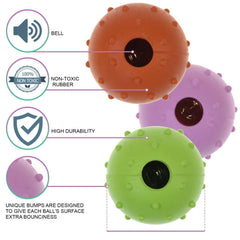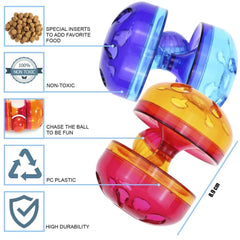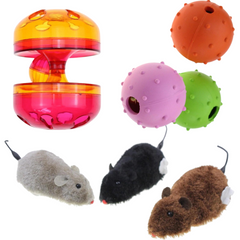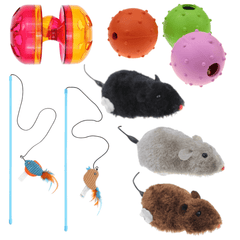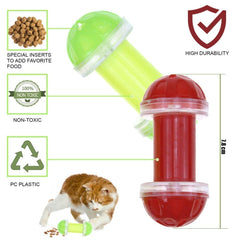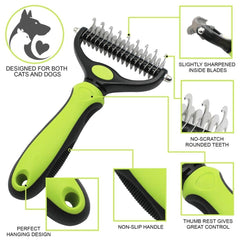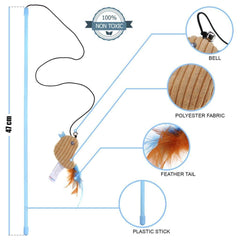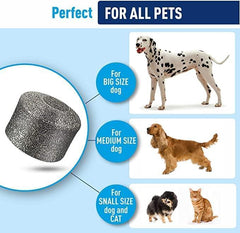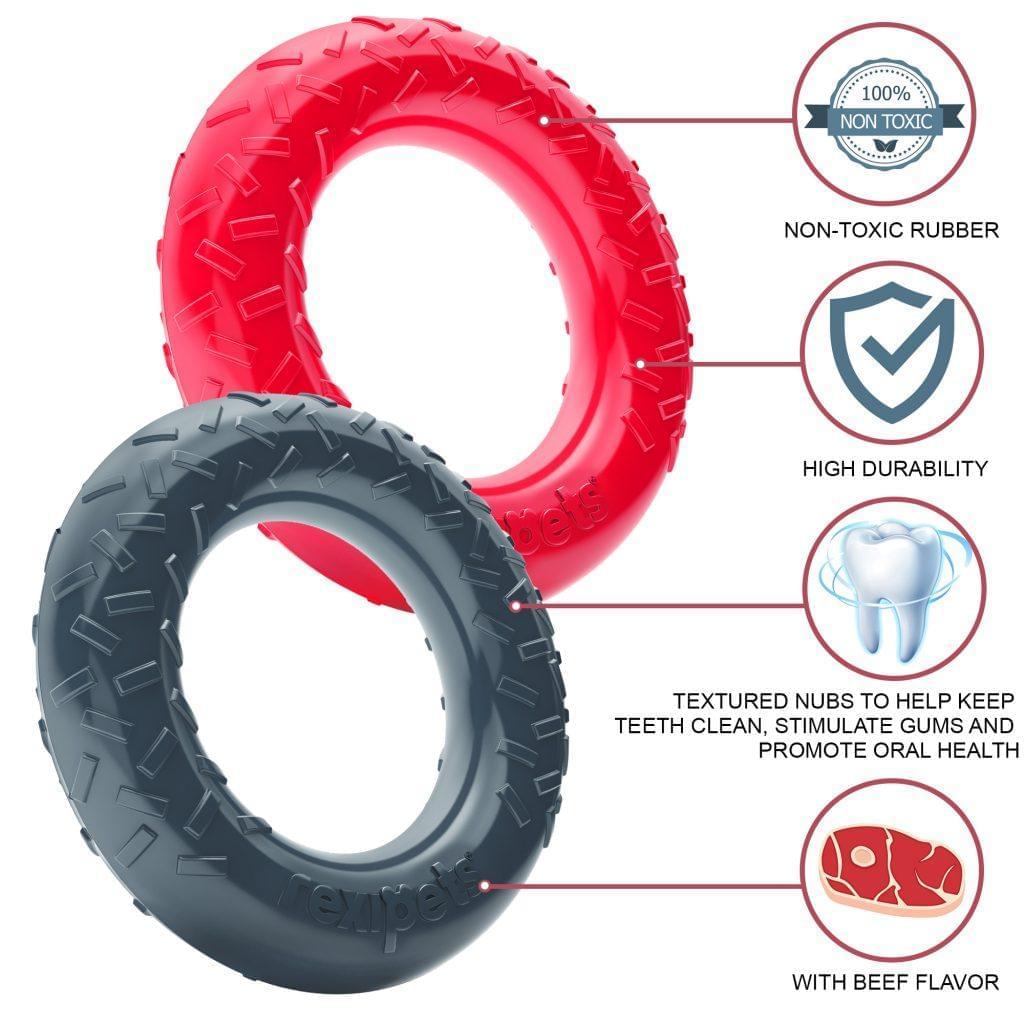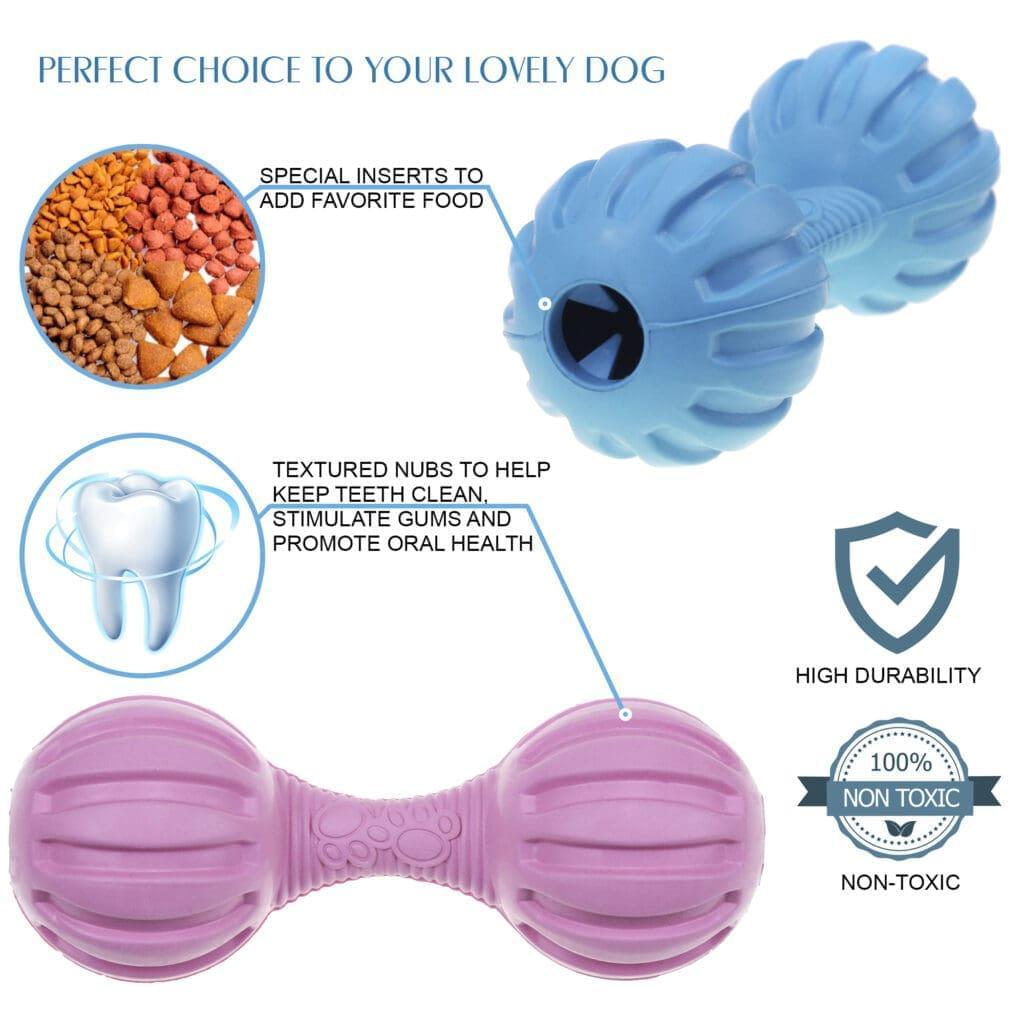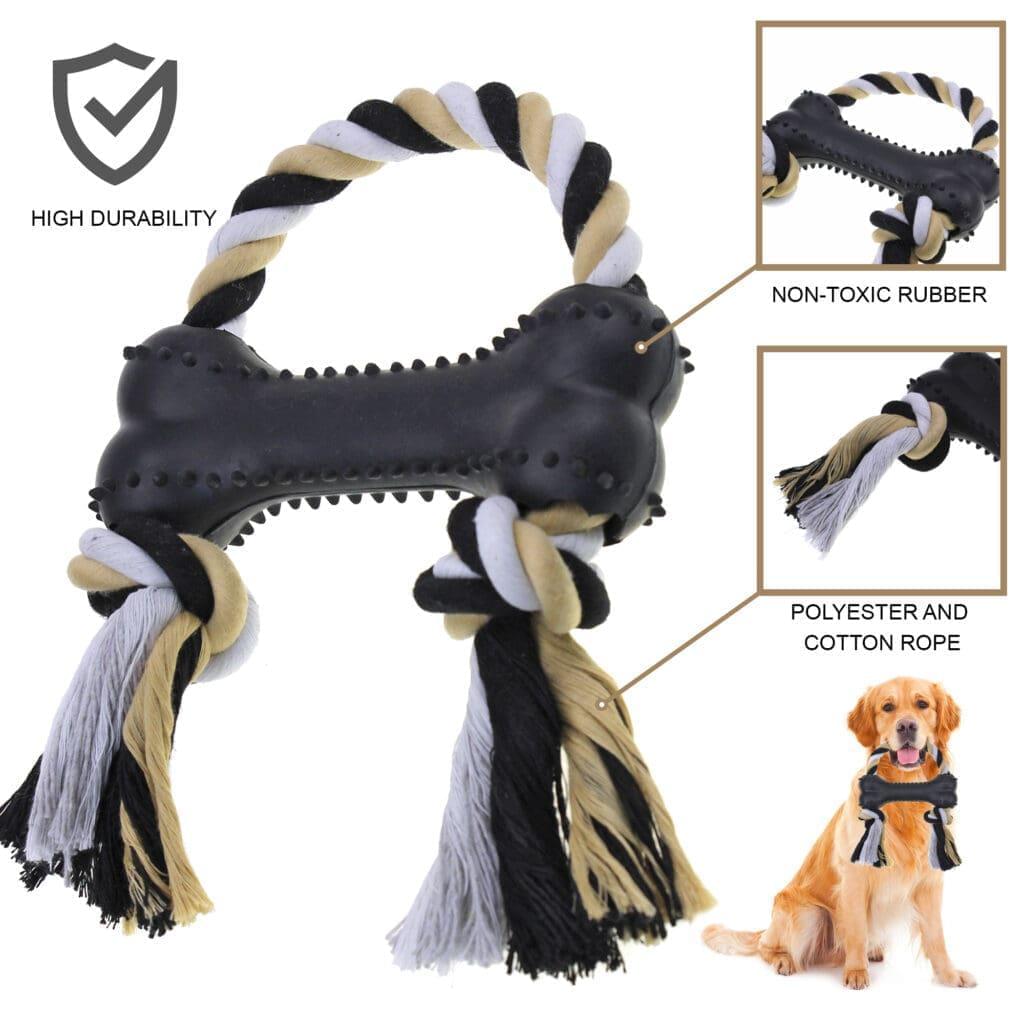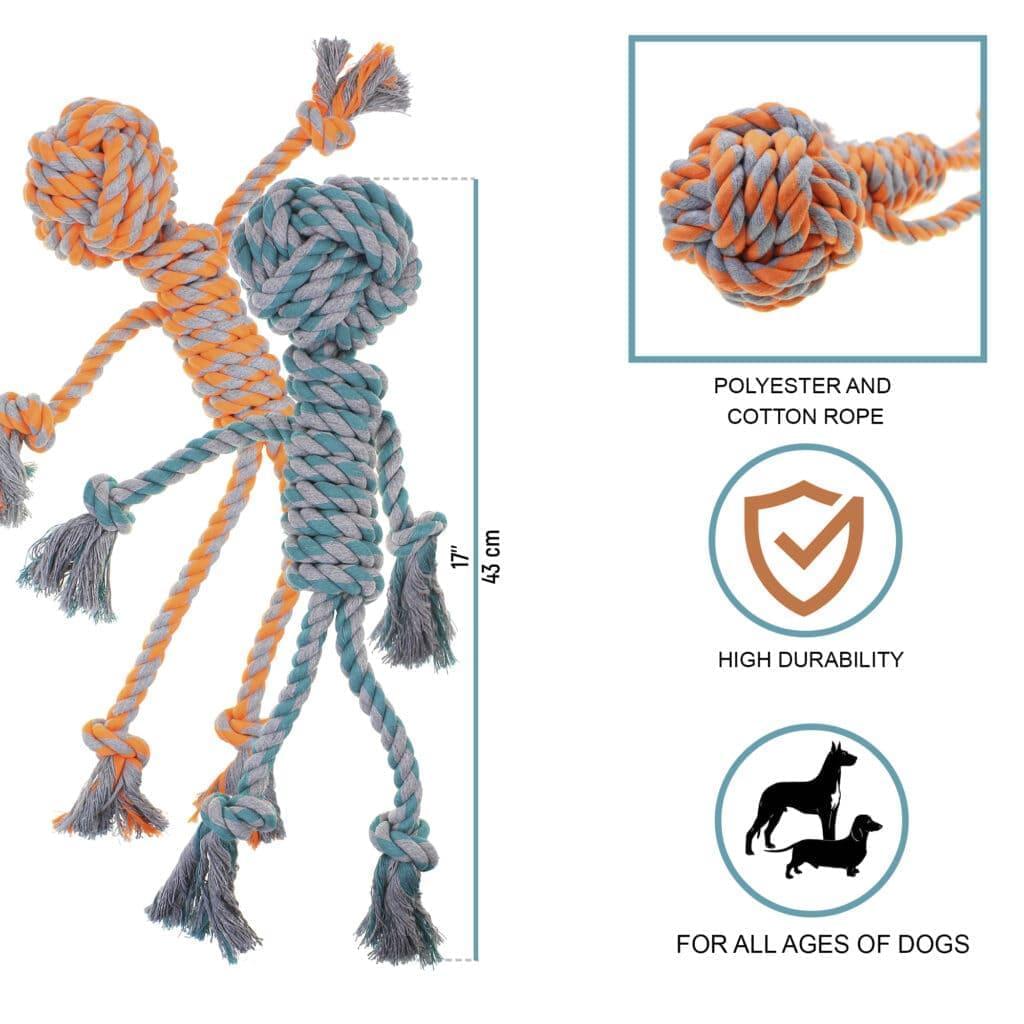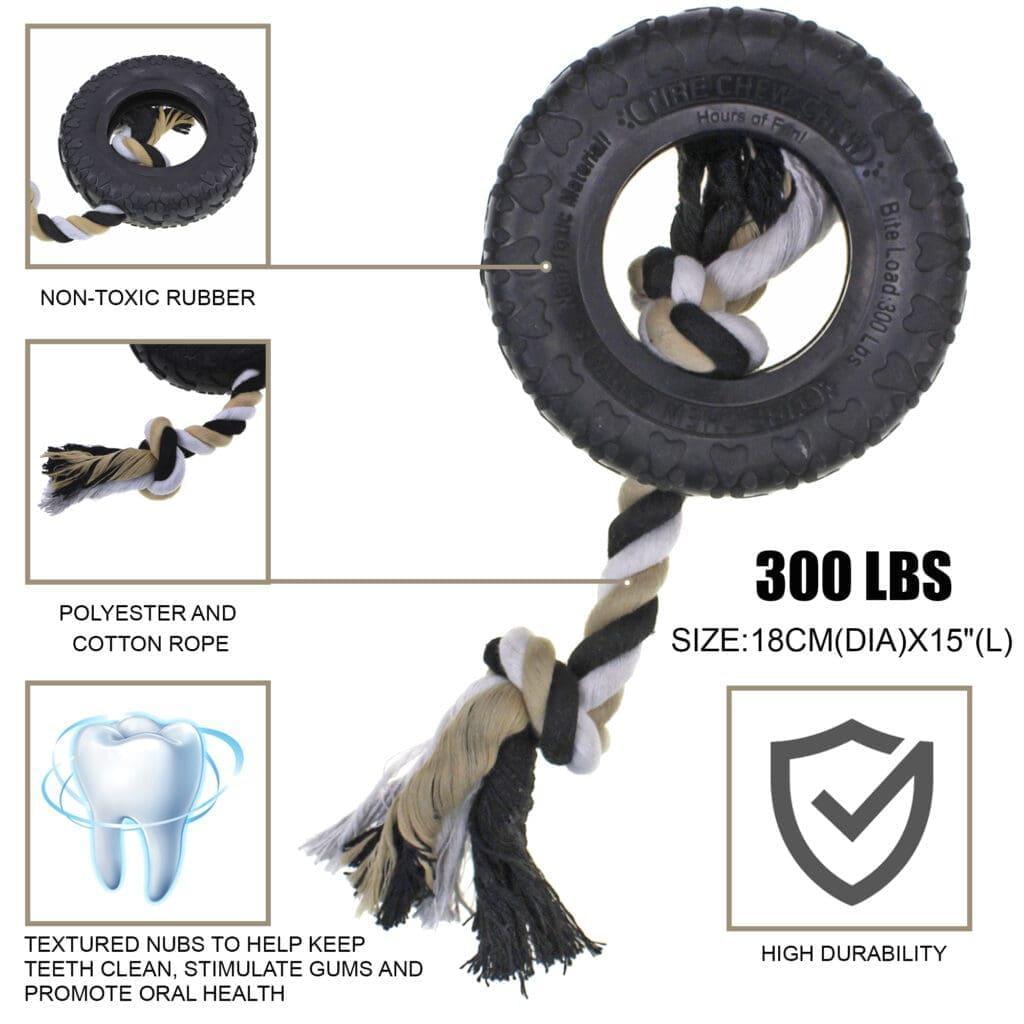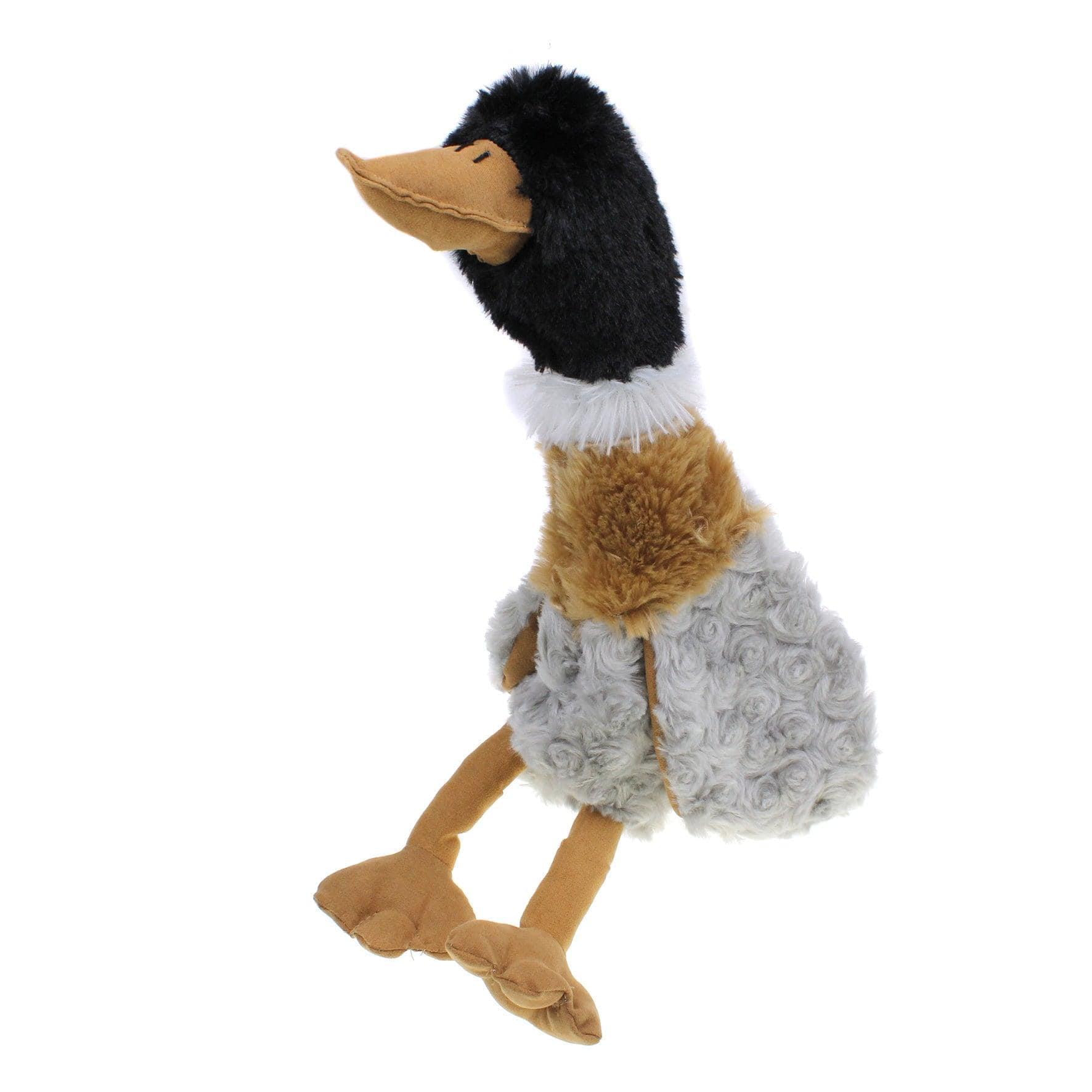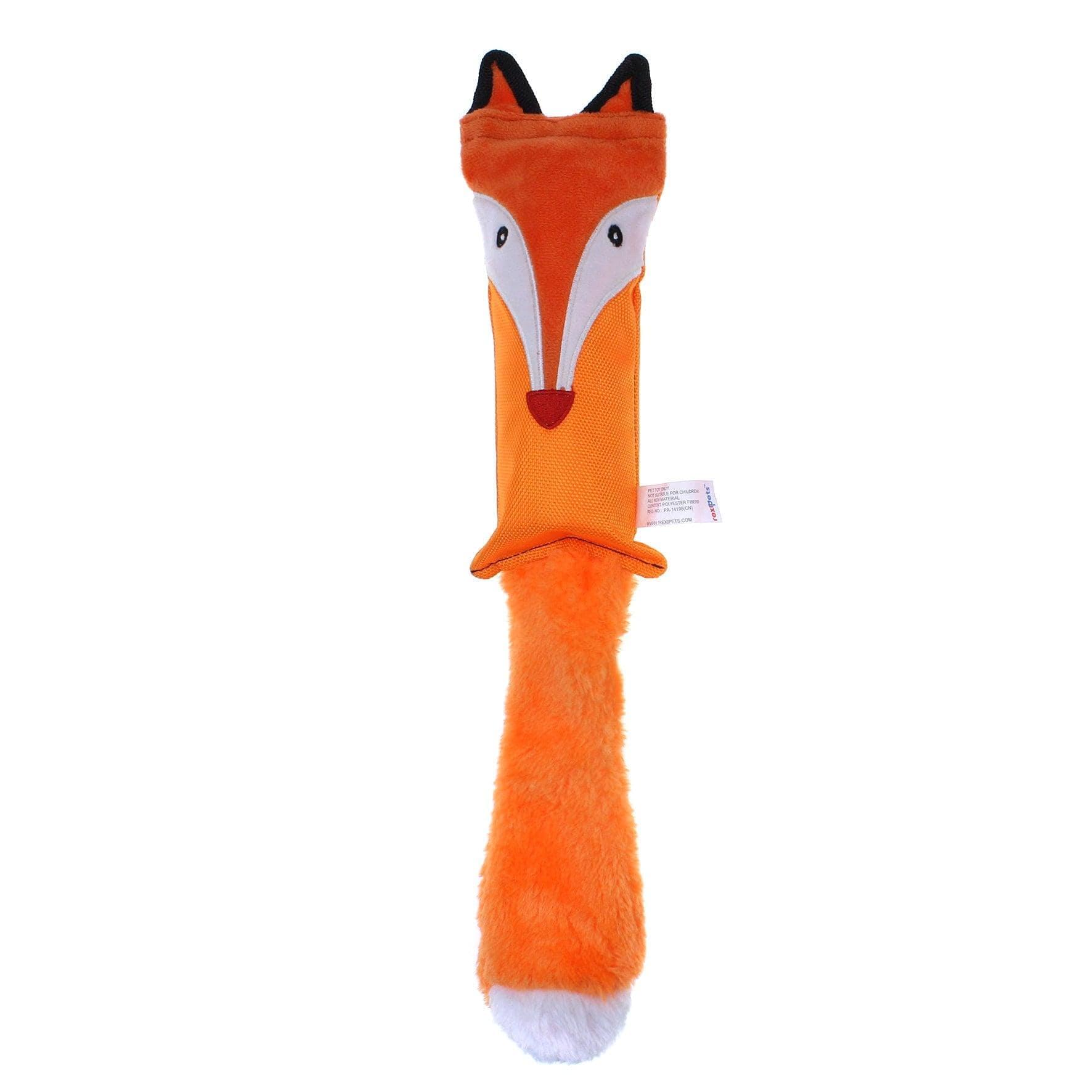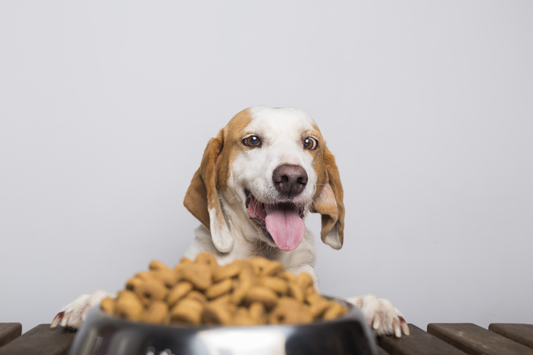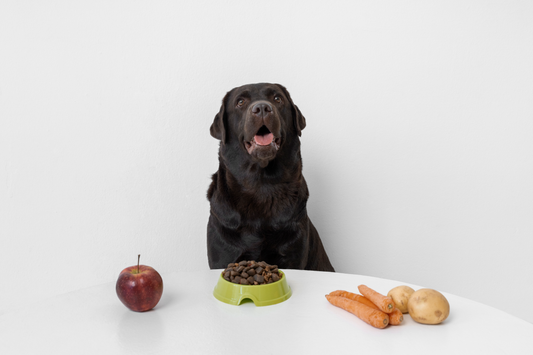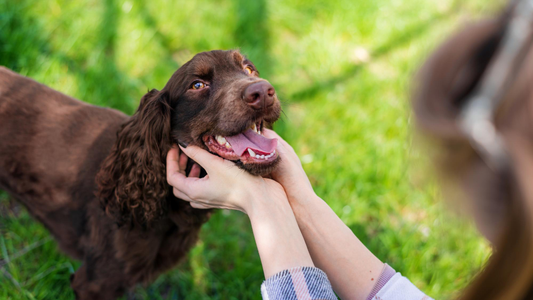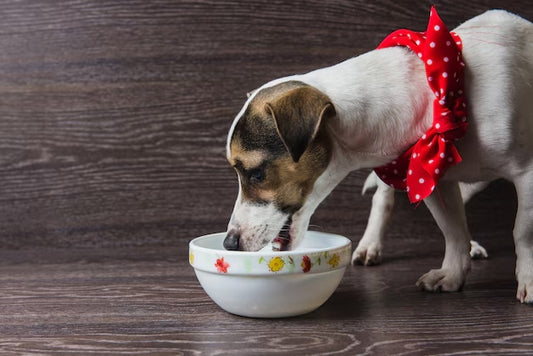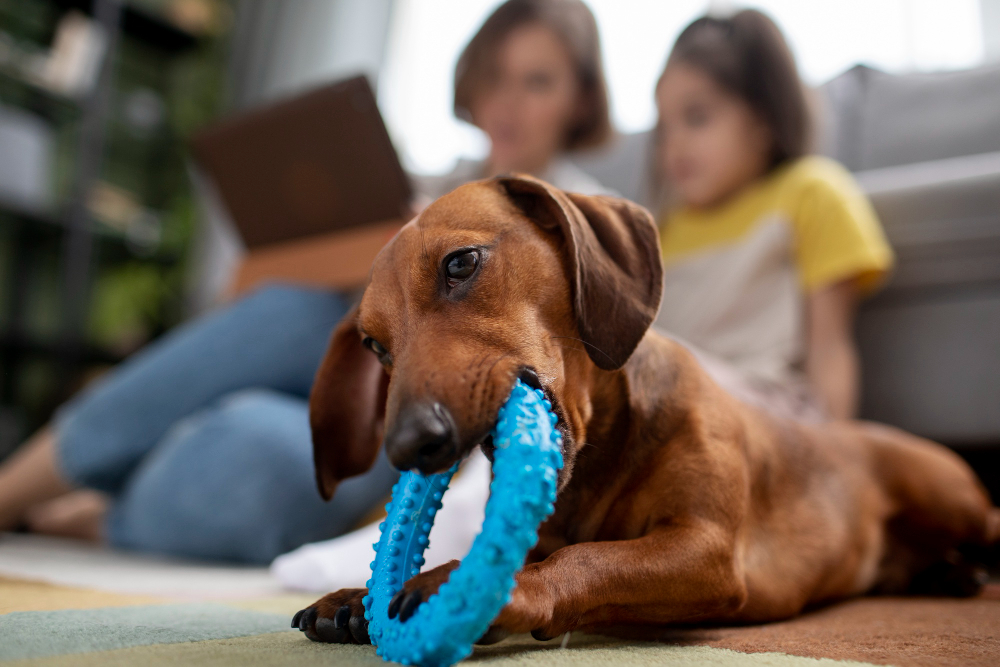
Dogs are really active and playful animals. One of their favorite activities is chewing on dog toys. They have natural urges to chew.
Dogs chew toys on their owner's lap to feel safe. If your dog brings their chew toys to your lap, it means they are not afraid that something will happen to them in their safe spot. Dogs sometimes do this because they want to play with their owner.
In the wild, just like other pack animals, dogs use their jaws and teeth for hunting. They also use their teeth to defend themselves.
Since they are no longer in the wild, chew toys serve the same purpose. Not only is it an enjoyable activity for them, but it can also help keep their teeth clean and healthy. Chew toys help remove plaque and tartar buildup. In addition to this, chew toys also soothe their gums during teething.
Many dog owners know that chewing is not just essential for your dog's physical health, but it is also vital for their mental well-being.
However, as a dog owner, you must've noticed that your dog chews toys while lying on top of you, making you wonder what's up.
In this article, we'll explore possible reasons why your dog chews toys on you and what you can do about it.
Exploring The Reasons Why Your Dog Chews His Toys On You
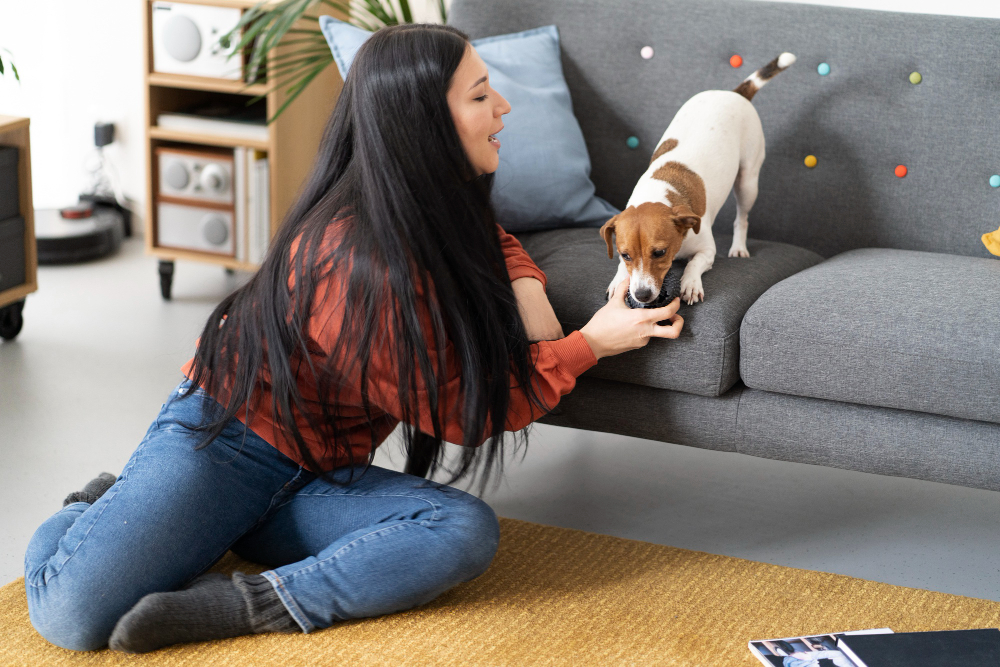
Fully understanding why your dogs chew toys on you is important. It makes bonding and enjoying every moment easier.
So, let's get into it and answer your question - why does my dog chew his toys on me?
1) Seeking Attention
Dogs are social animals that yearn for their owners' love and attention. If your dog is chewing his chew toys on top of you, they might be trying to get your attention and play with you.
Dogs often see their humans as playmates, just like engaging in playful interactions.
Dogs love attention and need to be around their owners. Your dog could act out in other ways if it doesn't get enough attention.
2) Feels Safe & Secure
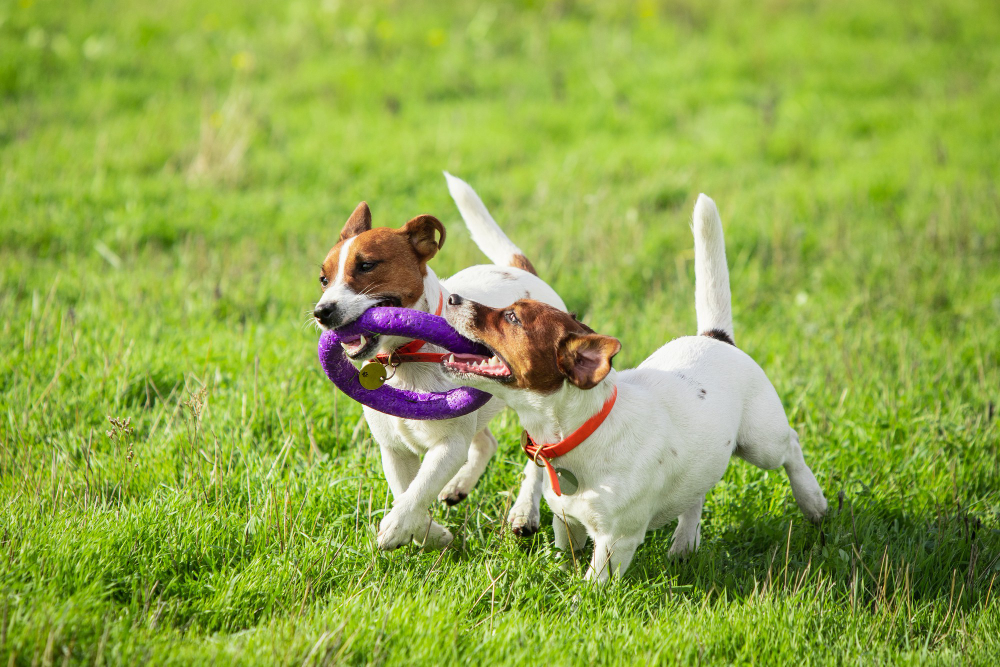
Dogs also seek comfort and security from their owners. If your dogs are chewing on their toys while they sit on your lap, it may be a sign that your dog trusts you. They feel safe and secure in your presence.
Just like some humans like to fidget with their hands or objects when nervous or stressed, your dog feels comfortable chewing when they are stressed.
3) To Stabilize The Toys In Your Lap
Your dog may struggle to keep the toy stable or hold it while chewing on it. So they try to do that while sitting on your lap. Keeping their toy against your body can help them grip it easily.
4) Encouragement
If you pet your dog or talk to them a lot when they bring the toy to your lap, it may encourage them to chew toys on your lap. Encouraging your dog by calling them over to bring its toys may also urge them to get them to you.
How Can You Ensure Your Dog Doesn't Chew His Toys On You?
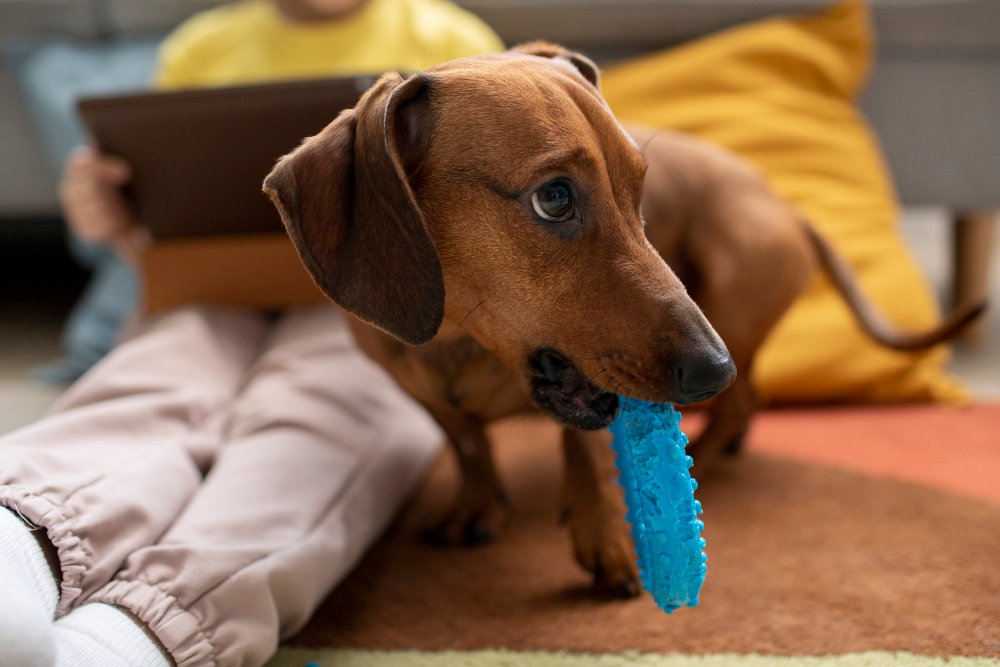
If you're okay with your dog chewing his toys on you, there's nothing you need to do.
However, if you find it uncomfortable or annoying, there are multiple things you can try:
1) Redirect Your Dog's Attention
So, what can dog owners do when their dog starts chewing their toys on them?
Redirecting your dog's attention to other dogs' chew toys or treats is always helpful. Ensure that the dog chew toys you opt for are stable so they can chew on the toy themselves.
2) Train Your Dog
Teach your dog commands such as "off" or "down" to know when it's time to get off you.
Throwing in little treats when your dog follows your command helps too. Make sure you are consistent when it comes to training your dog to reinforce a habit truly. It can be a time-consuming process, so hang in there!
3) Set Boundaries
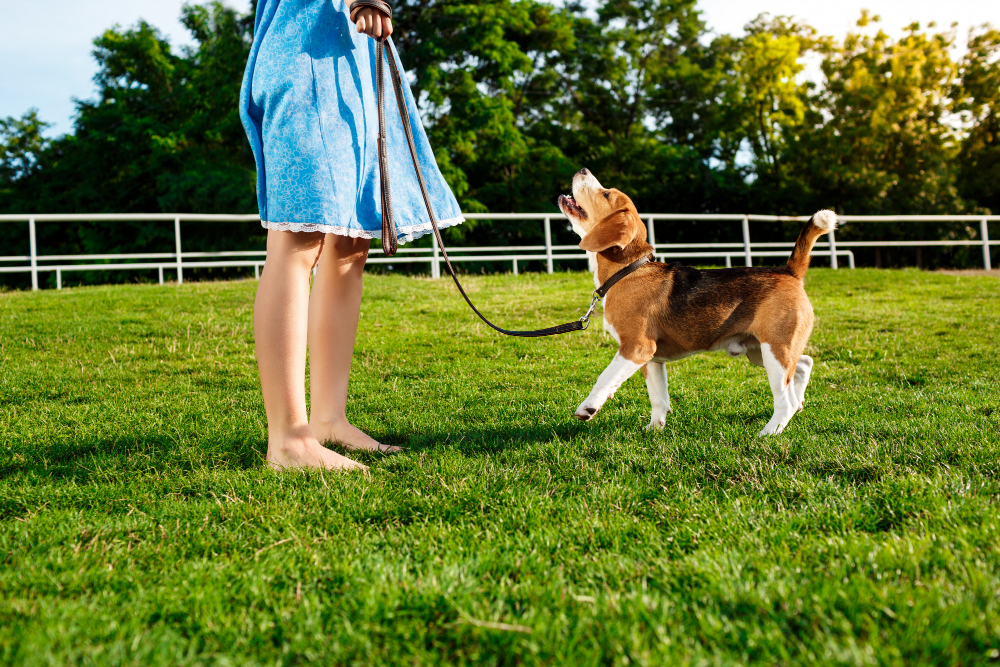
If you don't want your furry friend to chew his toys on you, set boundaries and communicate with them.
For example, you can train your dog to chew his toys on the floor or in his crate instead.
Remember keeping your furry friend on a dog leash is not always the solution.
4) Stand Up And Move
You can stop the behavior if you don't like it when your dog chews a toy on your lap. Just ensure you do it in a way that is not alarming for your dog or seems like you are punishing them.
When your dog begins to chew while sitting on your lap, get up and move away. Your dog will eventually realize that chewing on your lap will result in you getting up and leaving. It won't make them feel bad. Eventually, they will learn to chew more lovingly and gently elsewhere.
5) Play With Your Dog
Of course, playing is essential for bonding and mental stimulation in puppies. If a dog comes up to their owner's lap with their chewing toys, it's their way of saying they want to play.
Having fun with your dog is positive reinforcement. It diverts them with some engaging activity and slightly tires them out. After a few minutes of active play, your dog will be even more attached to you and hopefully be ready to relax.
6) Make A Play Area
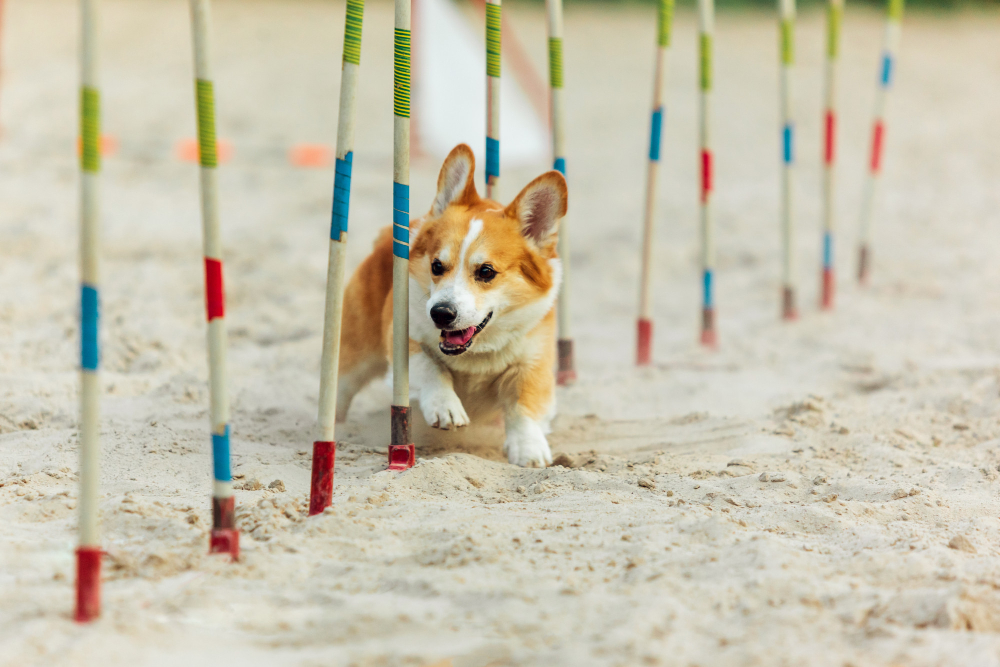
If your dog does not have a designated play area, designating one in your house can be helpful. Your lap may be where they feel secure, so your furry friend may want to spend all their time having fun there.
Although this is cute and nice, it can be trouble if you need to get things done.
So, fill a small play space for your dog with all their toys. Sit there with them until they get comfortable with it. They will eventually learn to go there when they want to play.
However, you should keep your dog in view of where you work for supervision. As you reward your dog each time they arrive, they will quickly learn where to go.
7) Seek Professional Help
If your dog's chewing habits are severe or if they are causing harm to themselves or others, it may be necessary to seek professional help.
Seeking help from your vet online or a certified dog behaviorist can help identify the underlying cause of your dog's chewing habits and provide your dog training.
Final Word
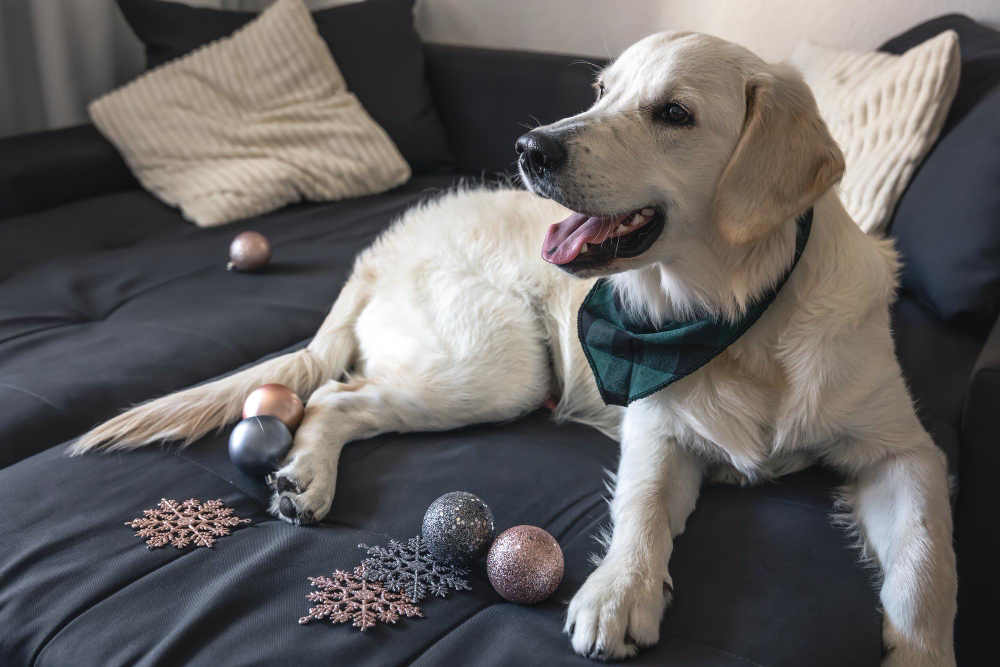
Redirecting unacceptable chewing habits in your dog requires patience, consistency, and various strategies. Identify the underlying cause, provide appropriate chew toys, train your dog, supervise them, use deterrents, and seek professional help to solve this problem.
Only then can you redirect your dog's chewing habits and promote their physical and mental well-being.
In conclusion, dogs chewing toys on their owners is a common dog behavior with various causes.
Whether your dog is seeking attention, comfort, or simply engaging in playtime, it's essential to understand the reasons behind the behavior and find ways to manage it if necessary.
With a bit of training and redirection, you can help your dog learn appropriate chewing behavior and enjoy playtime without causing discomfort to you.
